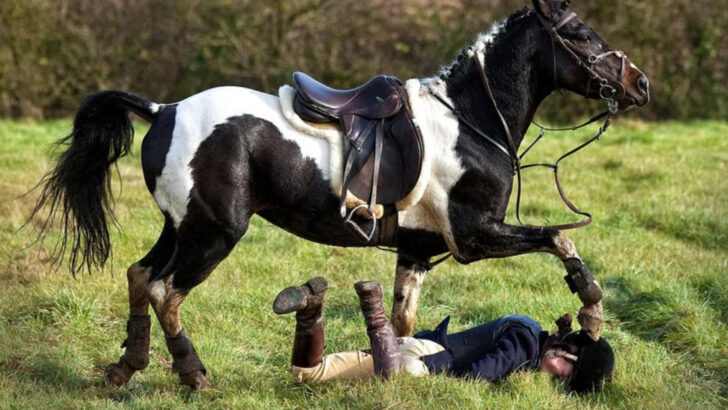Owning a horse is not all riding through fields and living the fairytale. In reality, it’s a mix of hard work, care, and dedication. But with all the myths floating around, it’s easy to get caught in the fantasy.
From misconceptions about the costs to false ideas about how much space a horse needs, many of these myths keep people from truly understanding what it means to care for one of these majestic animals.
If you’re dreaming of owning a horse, you need the facts—not fairy tales. In this post, we’re busting 20 common myths that could leave you unprepared or misinformed.
Let’s break down the truth about what it really takes to care for a horse, so your dream doesn’t turn into a nightmare. Ready to separate myth from reality? Let’s go!
Horses Are Expensive to Buy
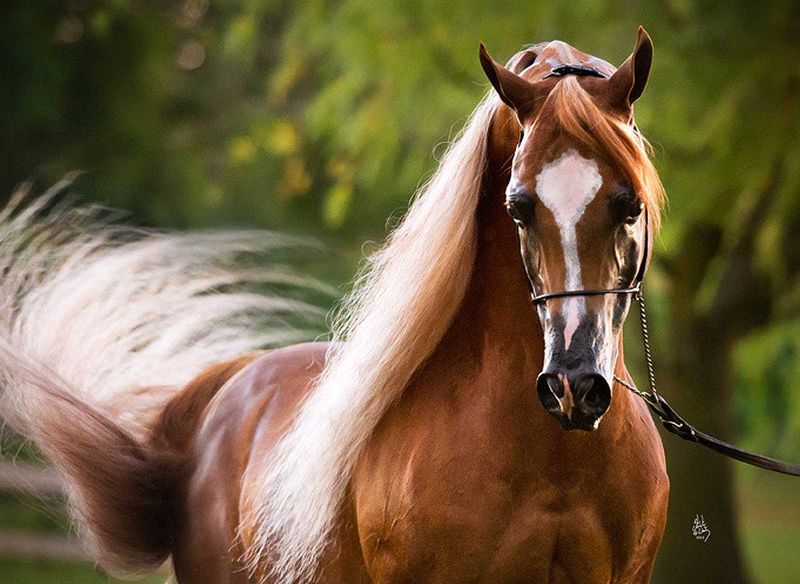
Many believe that purchasing a horse is prohibitively expensive, but this is not always the case. While some horses, especially those with a prestigious lineage, can be costly, there are many affordable options available.
Adopting a rescue horse or buying from a local seller can significantly reduce costs. Prospective buyers should consider not just the initial purchase price but also the ongoing care expenses.
Researching and visiting different places can help find the right horse within budget. Prices vary greatly depending on the horse’s breed, age, and training.
Horses Only Eat Hay
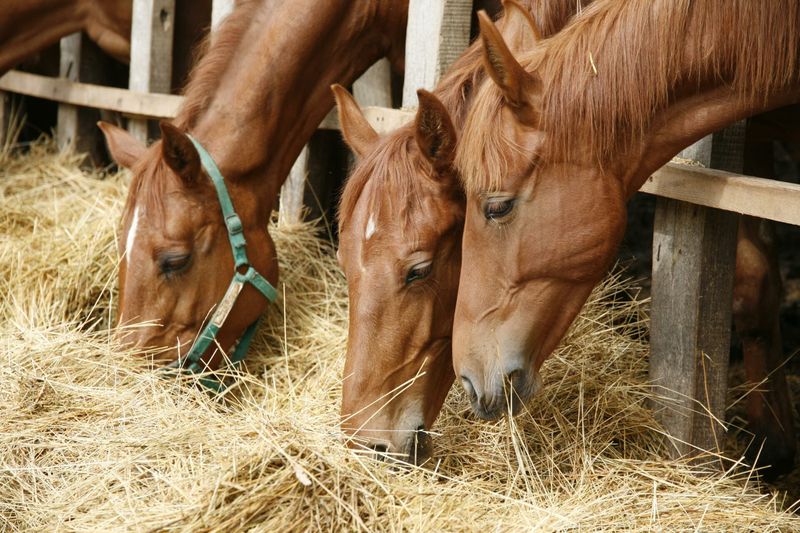
It’s a common misconception that horses only eat hay. In reality, their diet can be quite diverse. Horses enjoy a variety of foods, including grains, fruits, and vegetables.
Balanced nutrition is essential for a horse’s health, and owners must provide the right mix of feeds to meet their horse’s specific needs. Commercially prepared feeds are often used to supplement their diet.
Consulting with a veterinarian can ensure a well-rounded diet that promotes good health and vitality. Providing fresh water is also crucial for their well-being.
All Horses Need Shoes
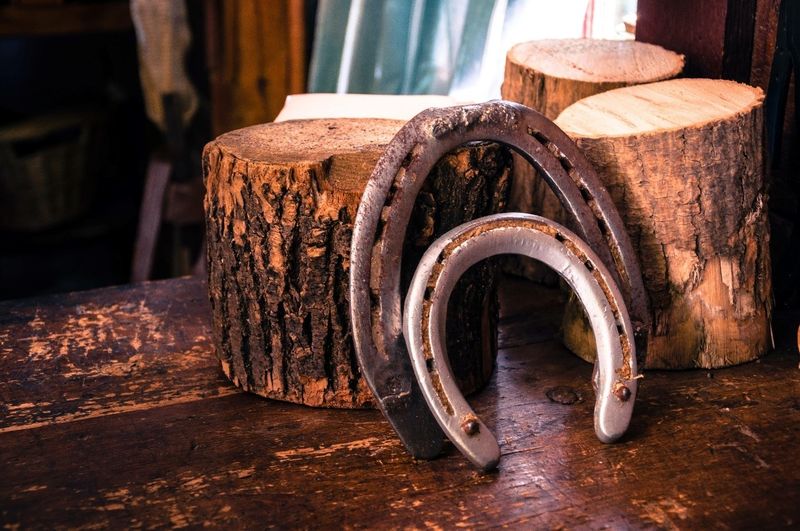
The belief that all horses need shoes is a myth. While some horses benefit from being shod, many do well without them. Horses with healthy hooves and those not working on rough terrain may thrive without shoes.
Barefoot horses have their hooves trimmed regularly to maintain shape and health. The decision to shoe depends on the horse’s activity level, terrain, and hoof condition.
Consulting a knowledgeable farrier can help determine the best option for each individual horse. Regular hoof care is essential regardless of shoeing.
Horses Are Hard to Train
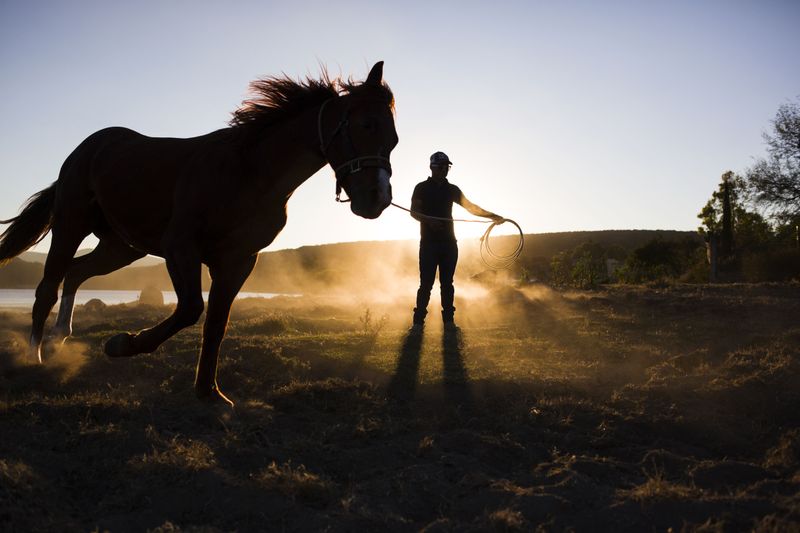
Training a horse can seem daunting, but it’s not inherently difficult. Horses are intelligent animals capable of learning a wide array of tasks with patience and positive reinforcement.
Building trust with the horse is key to successful training. Establishing a consistent routine and approach helps in speeding up the learning process.
Enrolling in local training classes or consulting with a professional trainer can offer valuable guidance and support. Training should be a positive experience for both horse and owner.
Horses Are Only for Riding
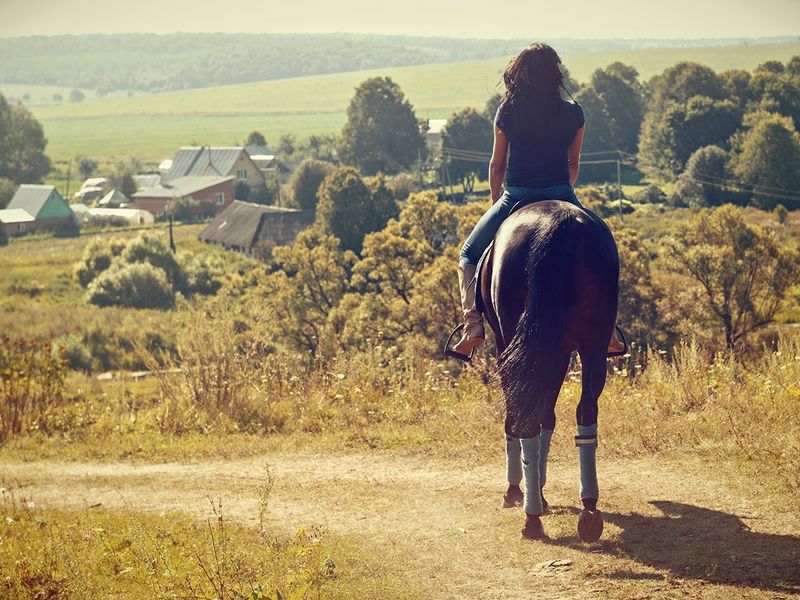
Many people think horses are only for riding, but these majestic creatures offer much more. Horses can be companions, therapy animals, and participants in groundwork exercises.
Building a bond through non-riding activities like grooming or groundwork can enrich the relationship between horse and owner. Horses can also be involved in sports like driving or vaulting, which don’t require riding.
Exploring various ways to interact with horses can lead to fulfilling and rewarding experiences. It’s about enjoying time together, not just riding.
Horses Can’t Live Alone
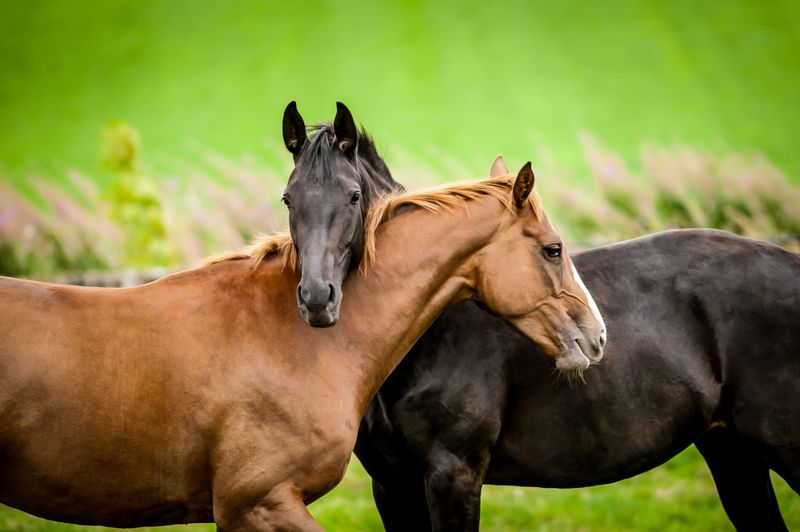
It’s often assumed that horses can’t live alone, but they can adapt to solitary living with proper care and attention. While horses are social animals, they can thrive in the right environment.
Providing companionship with other animals, like goats or sheep, can alleviate loneliness. Regular human interaction and engagement in activities further enhance their well-being.
Monitoring the horse’s behavior and health can ensure they are comfortable and content. It’s about creating a nurturing environment.
Horses Are Dangerous
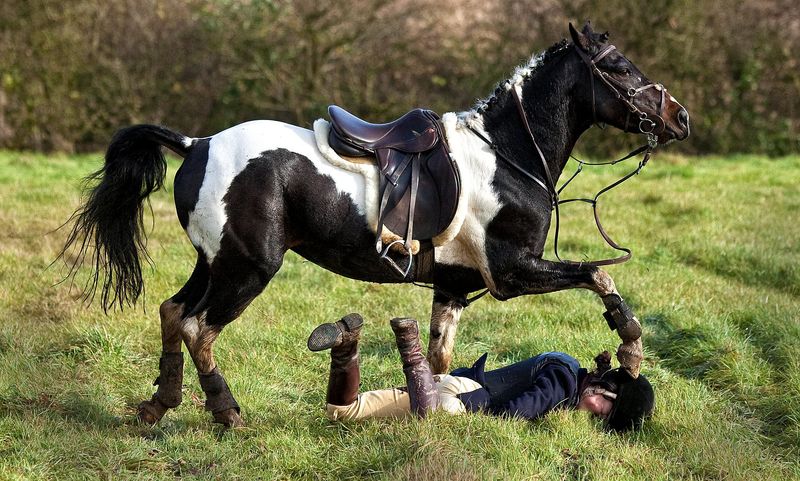
Horses have a reputation for being dangerous, but this is often due to misunderstandings. Like any large animal, they require respect and understanding. Proper training and handling reduce risks significantly.
Horses are generally gentle creatures, and learning to read their body language fosters safer interactions. With the right approach, horses can be wonderful companions.
Involving experienced professionals in training and handling can further minimize risks. Safety measures and continuous learning ensure positive experiences for all involved.
All Horses Love to Run
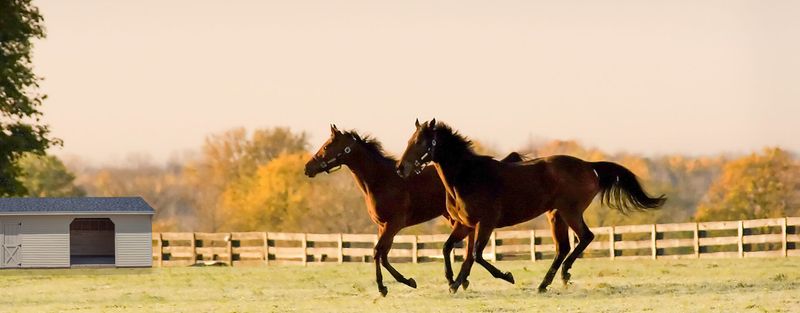
The idea that all horses love to run is misleading. While some horses enjoy the thrill, others prefer a more leisurely pace. Each horse is unique, with its own temperament and preferences.
Understanding your horse’s personality and respecting its desires lead to a more harmonious relationship. Not all horses are bred for speed or endurance, and respecting their natural inclinations is crucial.
Engaging in various activities, rather than focusing solely on running, allows the horse to express itself fully. It’s about finding joy in diverse experiences.
Horses Are Too Big for Kids
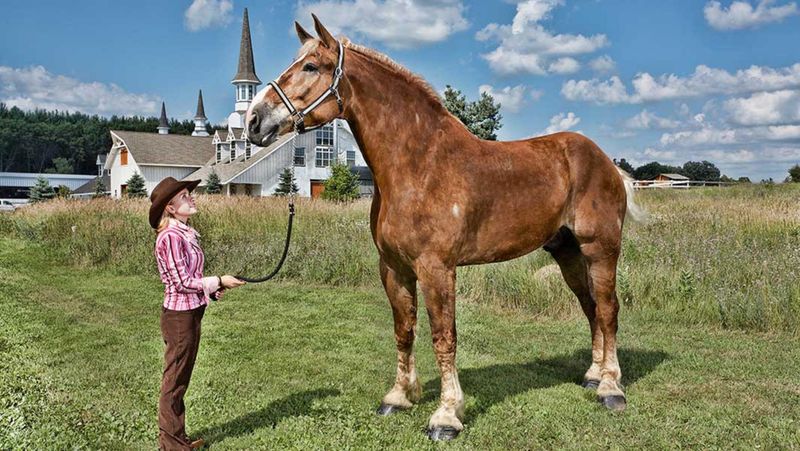
Many believe horses are too big and intimidating for children, but with the right approach, they can form strong bonds. Ponies and smaller horses are excellent for young riders, providing an enjoyable entry into equestrian life.
With supervision and proper guidance, children can learn to ride safely, developing confidence and skills. Riding schools specializing in youth training offer structured environments for learning.
It’s about matching the right horse with the right rider and ensuring proper education. Horses can be excellent teachers, offering life lessons and joy.
You Need a Big Farm
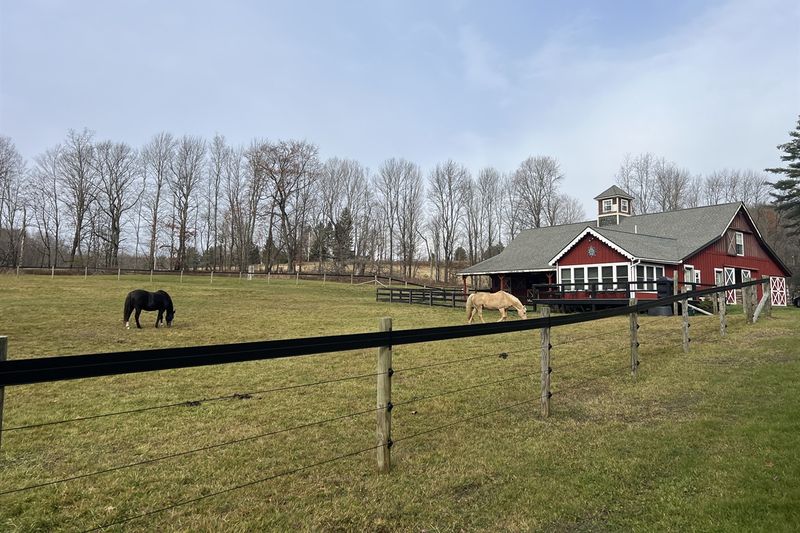
Owning a horse doesn’t always require a sprawling farm. Horses can thrive in smaller spaces with proper management and care. Creative solutions and planning make smaller properties workable.
Access to nearby riding trails or shared facilities can enhance the experience without needing vast personal space. It’s about quality of care, not the size of the property.
Potential owners should assess their resources and plan accordingly. Community stables or agistment centers offer additional options for those with limited space.
Horses Don’t Get Cold
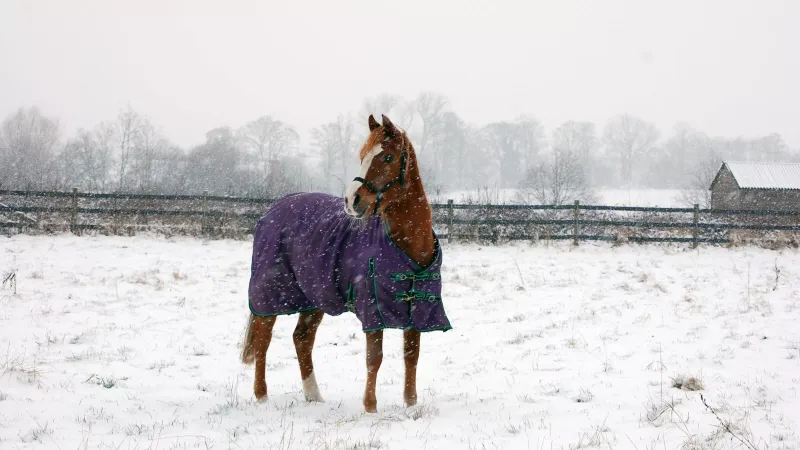
Some believe horses don’t feel the cold, but they do. Horses are resilient, yet they require protection in harsh weather. Proper care ensures comfort and health during colder months.
Providing adequate shelter, blankets, and nutrition helps horses cope with the cold. Monitoring their condition ensures they remain healthy and happy.
Understanding horses’ needs and responding appropriately enhances their comfort. It’s about being attentive to their well-being in all seasons.
Horses Can Eat Anything
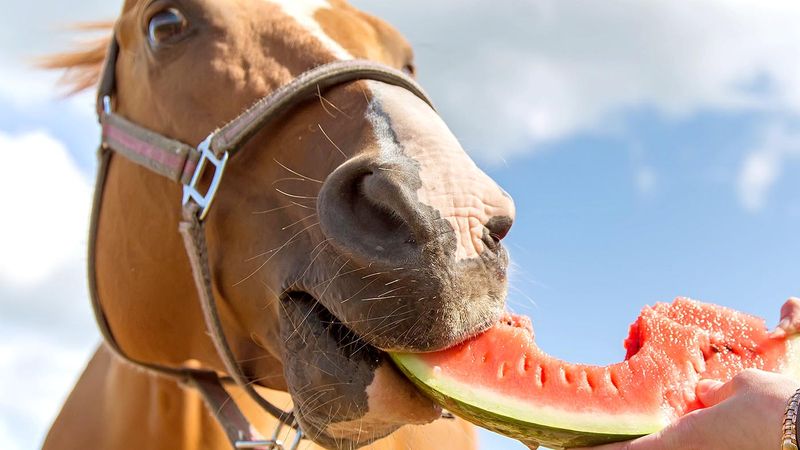
A common myth is that horses can eat anything, but they have specific dietary needs. Consuming inappropriate foods can lead to serious health issues. Careful feeding is vital.
Consulting with veterinarians for dietary planning ensures proper nutrition. Offering safe treats and balanced meals keeps horses healthy and satisfied.
Understanding what to feed and what to avoid prevents potential problems. It’s about offering a diet that supports well-being and vitality.
Horses Always Know the Way
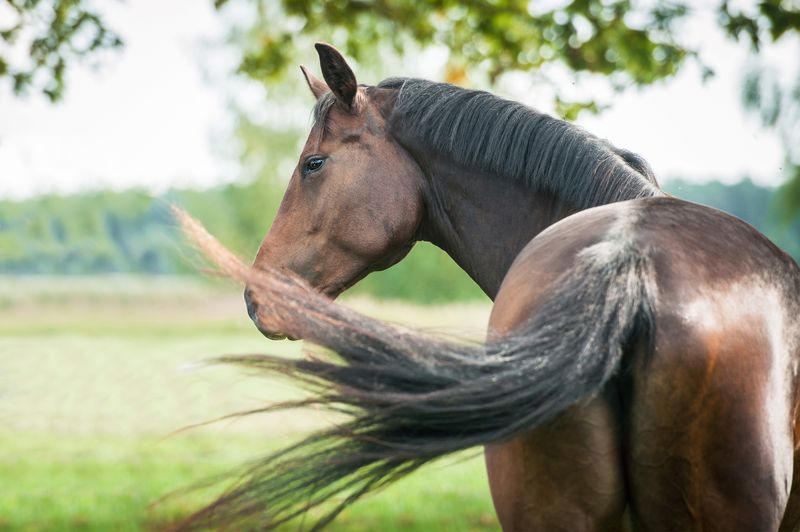
The belief that horses always know the way home is a myth. While they have a good sense of direction, they rely on riders for guidance. Getting lost is possible without proper navigation.
Riders should learn routes and use maps or GPS when exploring unfamiliar areas. Preparation ensures safe and enjoyable rides.
Building a partnership where both horse and rider understand their roles leads to better experiences. It’s about teamwork, not assumptions.
Horses Don’t Need Regular Vet Care
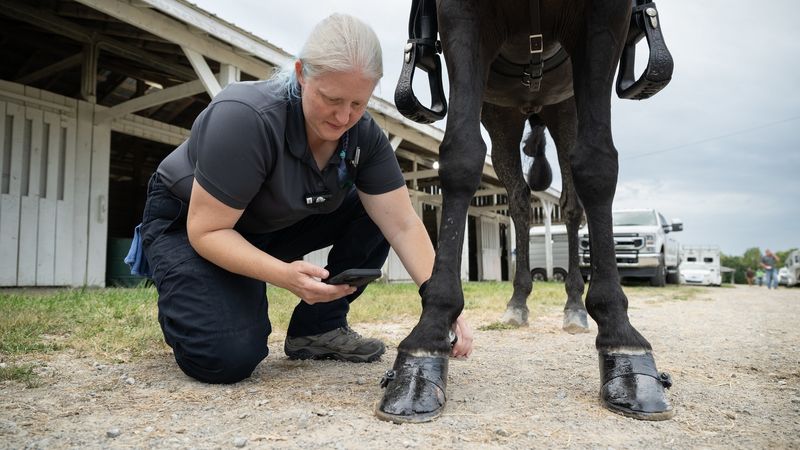
Some think horses don’t need regular veterinary care, but like any pet, they require attention to maintain health. Routine check-ups, vaccinations, and dental care are essential.
Preventative care ensures early detection of potential issues, saving time and costs in the long run. Partnering with a trusted veterinarian supports a healthy horse.
Understanding the importance of regular health checks fosters a proactive approach. Investing in care leads to a happy and thriving companion.
All Horses Are Alike
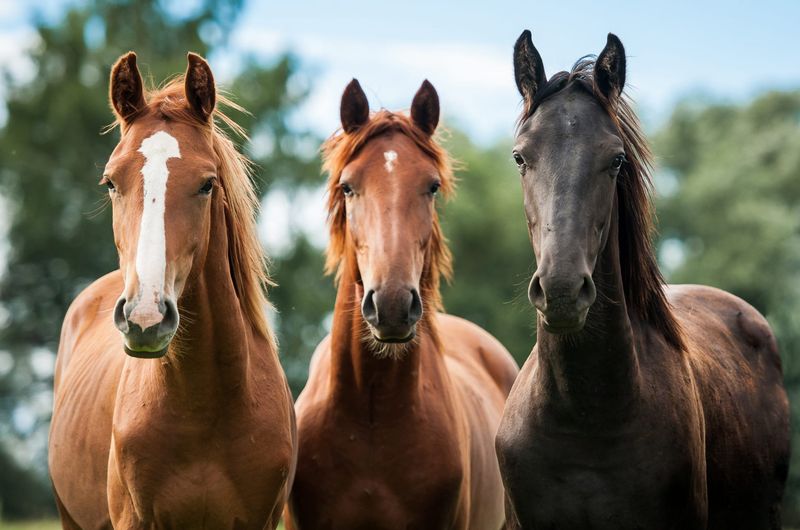
The notion that all horses are alike is misleading. Horses come in various breeds, each with distinct traits and temperaments. Understanding these differences is crucial in choosing the right horse.
Researching and interacting with different breeds unveils unique qualities and potential. Matching a horse’s characteristics with the owner’s lifestyle ensures compatibility.
Appreciating diversity in the equine world enriches the experience. It’s about celebrating individuality and finding the perfect partner.
Horses Can’t Live in Cities
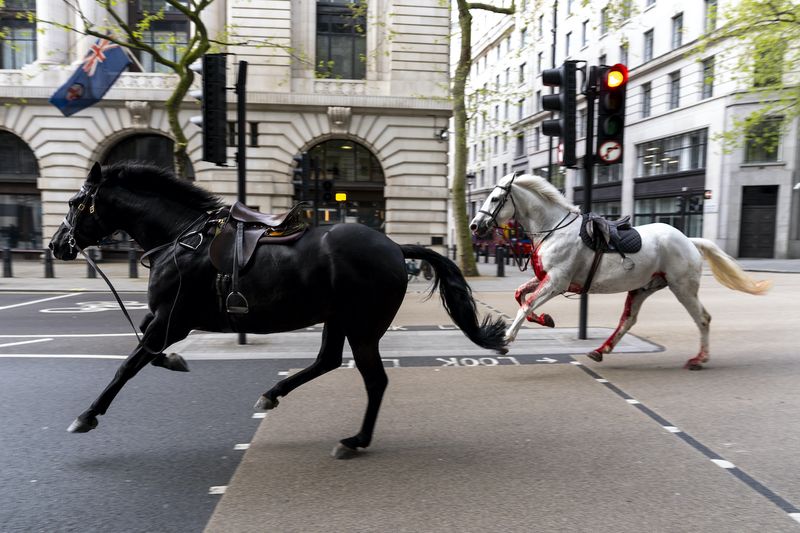
Contrary to popular belief, horses can thrive in urban settings with proper accommodations. Many cities have equestrian facilities, offering boarding and riding opportunities.
Urban horse ownership requires creativity in finding suitable locations and activities. It’s about adapting to the environment and ensuring the horse’s needs are met.
Exploring city equestrian centers can open new possibilities for horse lovers. It’s about making it work, regardless of location.
Horses Are Low Maintenance
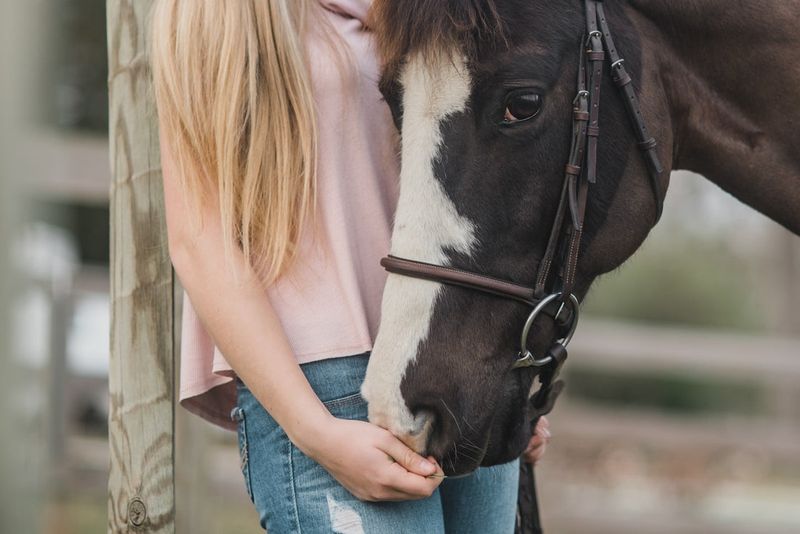
The idea that horses are low maintenance is far from the truth. They require daily care, including feeding, grooming, and exercise. Commitment to these tasks ensures a healthy and happy horse.
Support from community resources like riding clubs or shared facilities can ease the burden. Proper planning and dedication lead to successful horse ownership.
Understanding the demands of horse care promotes a realistic approach. It’s about being prepared for the responsibility involved.
Only Professionals Own Horses
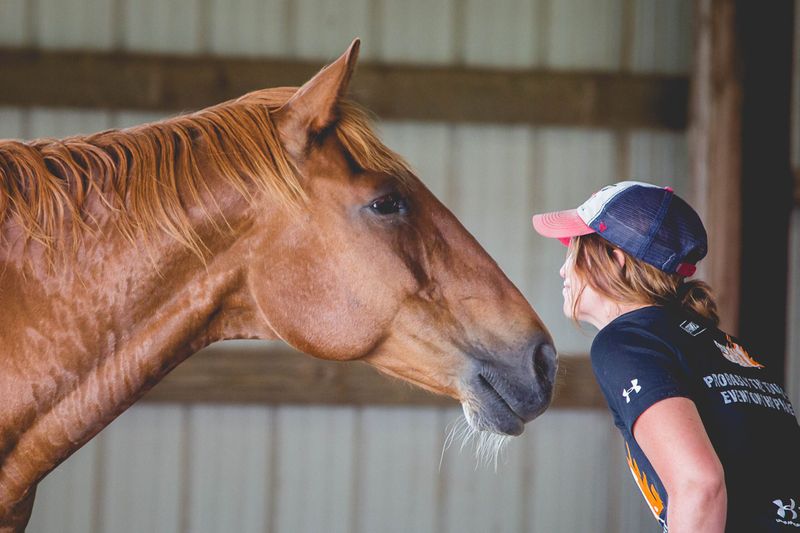
The belief that only professionals can own horses is untrue. Many hobbyists and families enjoy horse ownership, finding it rewarding and accessible.
Engaging in local clubs or online communities offers support and education for new owners. It’s about passion, not just expertise.
Taking the plunge into horse ownership opens a world of enjoyment for all levels. It’s about embracing the journey and learning along the way.
Horses Don’t Live Long
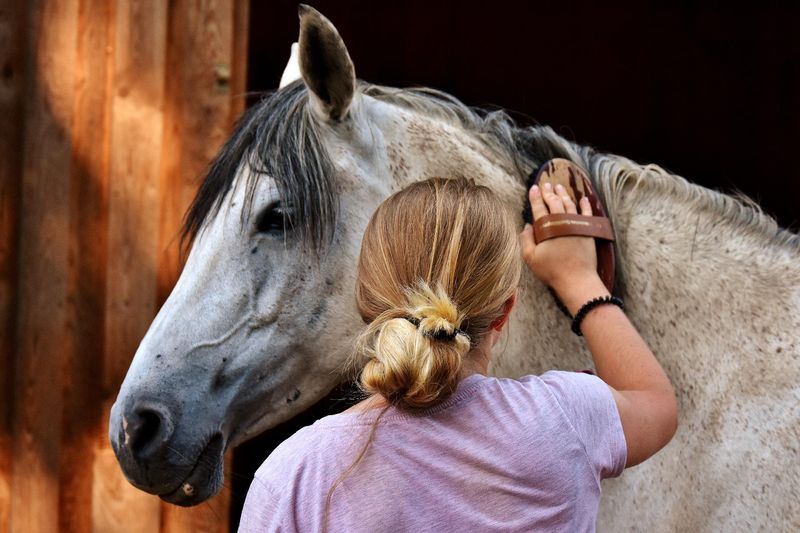
A common misconception is that horses have short lifespans, but with proper care, they can live into their 30s or even 40s. Lifespan depends on genetics, diet, and care.
Regular veterinary visits and attentive management contribute to a long and healthy life. Understanding their needs throughout different life stages supports longevity.
Celebrating the life of a horse includes cherishing every moment. It’s about quality care and enjoying the journey together.
Horses Can’t Communicate
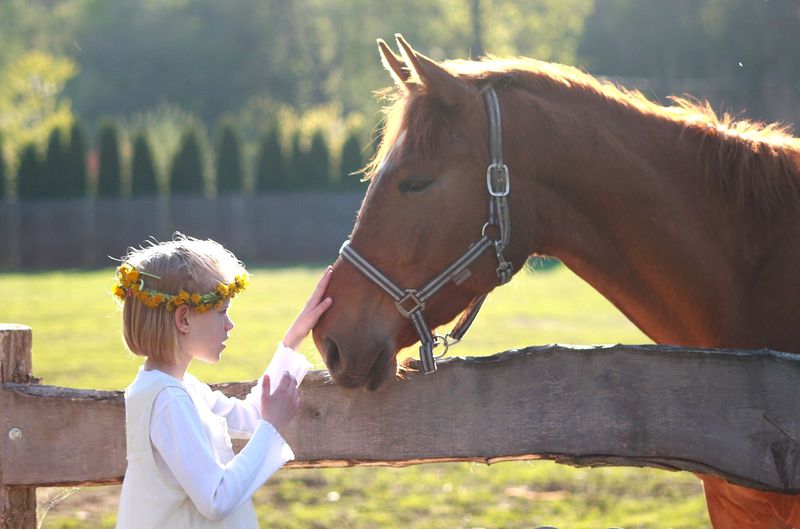
The myth that horses can’t communicate is unfounded. Horses are expressive animals, using body language, sounds, and subtle cues to convey emotions and intentions.
Learning to interpret these signals enhances the relationship between horse and owner. Communication fosters trust and understanding.
Engaging in active observation reveals the rich language of horses. It’s about building a connection and appreciating their expressive nature.

